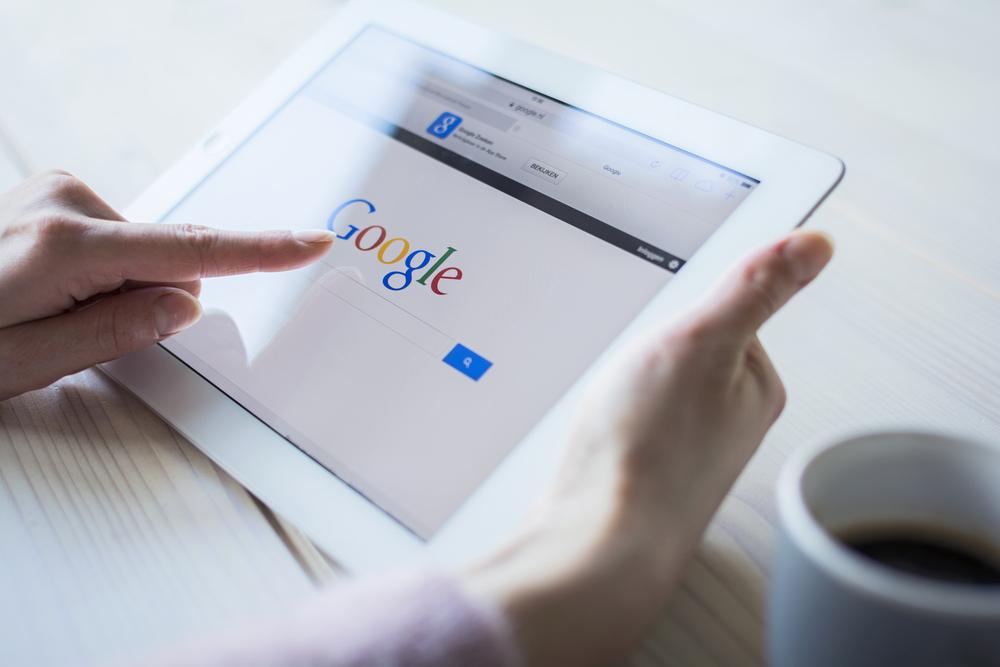Survey: Accurate online business details critical for customers
Incorrect online details from a business is a deal breaker for many consumers.
More than half (47%) of all respondents will “break-up” with a business that shares inaccurate online information, opting instead for a competitor, according to a new survey from cloud platform SOCi Inc.
This largely impacts smaller competitors, as 80% of consumers reported searching online for local businesses. Nearly two-in-three (63%) have encountered inaccuracies in business listings on major platforms such as Google, Facebook and Instagram.
When asked what they would do if they went to visit a business and it was actually closed, 47% would find a nearby competitor, 23% would visit the business at another time, and 14% said they would contact the business to let them know about the experience.
“As in any good relationship, consumers expect honesty and reliability when they seek out businesses online,” said Damian Rollison, director of market insights at SOCi. “Missteps in accuracy can quickly turn love to loss, with potential for long-term fallout. Just as no one wants to be catfished by a fake dating profile, consumers don't want to be misled by inaccurate business information. Ensuring your online profile is as trustworthy as it is discoverable is crucial.”
Nearly one-third (32%) of consumers polled said they search for local businesses every day or multiple times a day. In terms of where they are searching, respondents mostly find brands’ online profiles on mobile apps like Google Maps (51%) and Facebook (49%) to be helpful and informative. However, Google Search remains dominant at 72% among consumers. Two-thirds (66%) prefer to search for information on their smartphones.
The SOCi study also shows that 84% of consumers find new products, services and businesses online through social feeds, search results or recommendations. The most common searches are for restaurants (56%), followed by retail stores and grocery stores (42% each), medical facilities (28%), gas stations and hotels (21% each), and movie theaters and banks (20% each).
When considering a visit or contact with a local brand or business, quality (62%), cost (61%), and the accuracy of data (59%) top the list of consumers’ priorities. These were followed by proximity (49%), speed of service (49%) and brand reputation (46%).
“Online profiles for businesses used to be a lot simpler than they are today,” said Rollison. “Now, they include online booking information, online ordering, reviews and Q&As to provide customers with a richer experience. Consumers have become accustomed to having these conveniences right at their fingertips. Brands still stuck in the past and not optimizing their online profiles may lose out on significant market share.”



